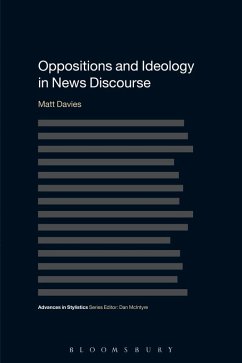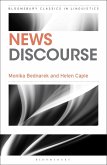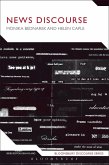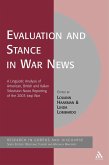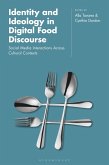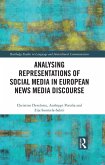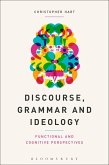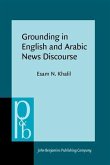Constructed opposition has proved as viable an area of
research as traditional antonymy, and a useful tool in looking at ideologically
orientated texts. This book investigates
how binary oppositions are constructed discursively and the potential
ideological repercussions of their usage in news reports in the British press.
The focus is particularly on the positive presentation of
groups and individuals subsumed under the first person plural pronouns 'us' and
'we', and the simultaneous marginalization of groups designated as 'they' or
'them'. Exploring the dynamic relations between the linguistic system and
language in context this is a key publication for those involved in discourse
analysis and stylistics.
research as traditional antonymy, and a useful tool in looking at ideologically
orientated texts. This book investigates
how binary oppositions are constructed discursively and the potential
ideological repercussions of their usage in news reports in the British press.
The focus is particularly on the positive presentation of
groups and individuals subsumed under the first person plural pronouns 'us' and
'we', and the simultaneous marginalization of groups designated as 'they' or
'them'. Exploring the dynamic relations between the linguistic system and
language in context this is a key publication for those involved in discourse
analysis and stylistics.

